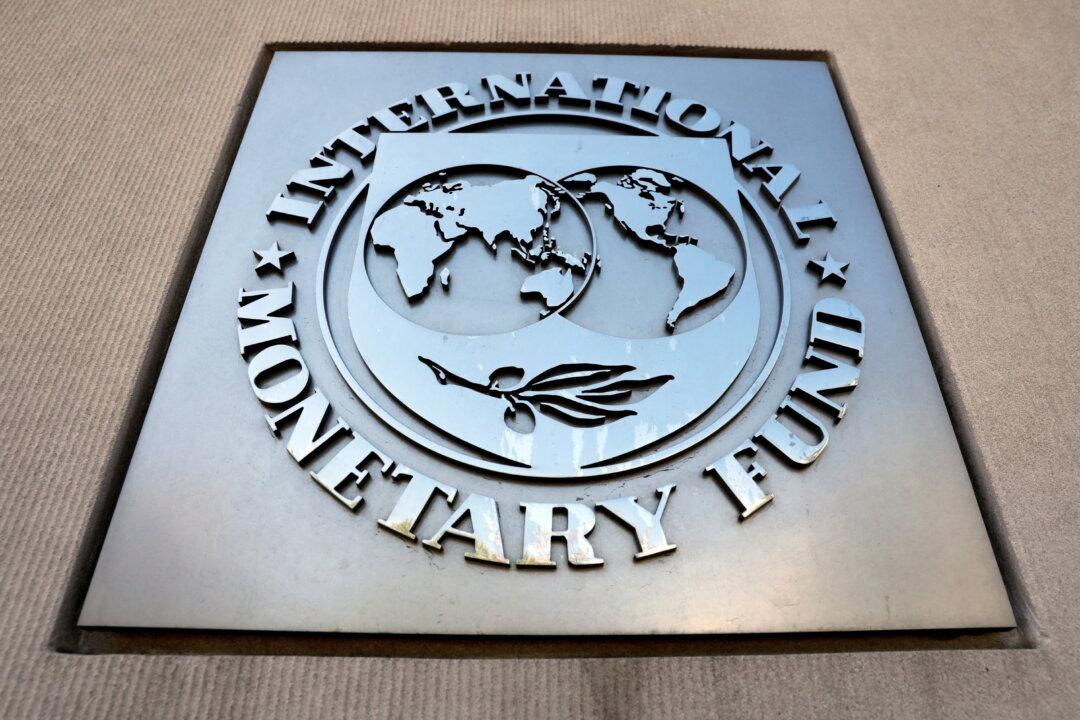The International Monetary Fund (IMF) warned of a global fiscal crisis that only underscores the need by developed countries to assist poorer nations with more “orderly debt restructuring.”
Many of these countries are experiencing rising level of debt and mounting fiscal pressures that may lead to major social unrest among their poorest citizens, according to Vitor Gaspar, the IMF’s fiscal affairs director, who spoke at the annual meetings of the IMF and World Bank.





